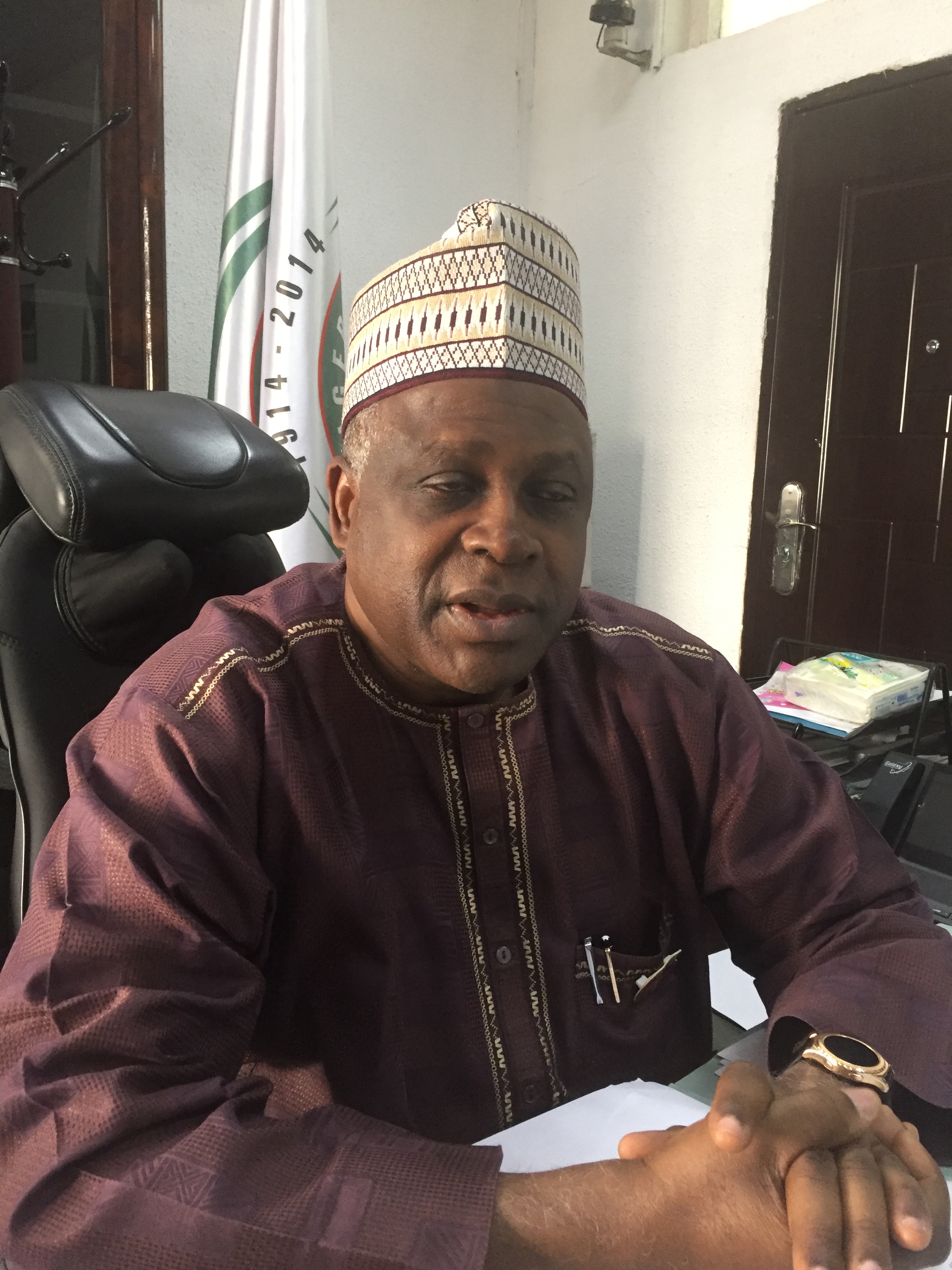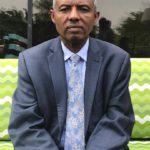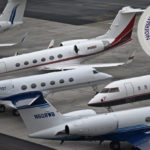
Recently, industry stakeholders have stressed on the need to have well trained personnel at the Nigerian Civil Aviation Authority (NCAA) to ensure that the standard of safety is maintained and improved upon.
The International Civil Aviation Authority (ICAO) has made training the cornerstone of Civil Aviation Authority (CAA) for all signatory nations because as industry regulator, it is expected that the agency must have adequate number of well-trained personnel. That is why it is considered a critical factor in audit by the global body.
According to the former Director General of NCAA, Dr Harold Demerun, before Nigeria was given ICAO safety compliance certification it was able to train its technical personnel to meet the required number.
That was in 2006 when the country had its first successful outing at the ICAO Universal Safety Oversight and Security Audit. NCAA has noted that today Nigeria has continued to pass the audit with greater scores because the regulatory authority has been meeting the requirements of having the expected trained personnel in adequate number.
The current Director General of NCAA, Captain Muhtar Usman told THISDAY recently that training is very critical and there is also the need to equip the system.
“There are eight critical elements for the operation of safety oversight of the organisation. One is the primary legislation, which is the Act. We have the regulations, we have the organization and we have the manpower, the required personnel. It is worthy to note that aviation personnel is not cheap, they are very, very expensive, so the more you have the number, the more money you have to spend on the overhead. You have to provide those personnel with the working tools such as vehicles, laptop computers, communication gadgets and other needs. These are necessary because we are talking about safety,” he said.
Captain Usman said when he took over in late 2014 as NCAA Director General, the agency faced financial challenges that for it to survive and adequately carry out its function there was need to prudently manage the recourses available, but this situation did not compromise or negate the training programme. But instead of sending personnel overseas for training, the experts were brought into the country to conduct training for the agency’s personnel. This saved NCAA millions of naira that would have expended on flights and accommodation travelling overseas.
According to Usman, that enabled NCAA to begin to make a turnaround in its finances that today the agency has well trained personnel and maintains robust financial status that enabled it to continue to make the compulsory surplus revenue payment that erroneously included NCAA as a revenue generating agency.
“In the past the authority had enjoyed facilities from the World Bank; through the World Bank assisted programmes here in Nigeria. The authority in over some period of about three years or so benefited to the tune of about $13 million, which was used mainly for training, which helped to bankroll the overseas training for us. But we don’t have such facility again and the number of staff has gone up; so it is all about prudence.
“I will say since we came in we first of all try to sustain and then after sustaining we started building and improving what we have met on ground. Currently in the area of the airworthiness we are able to train two ICAO certified instructors from the time we came to date and those are the only ones. Two, we have one certified ICAO auditor and this happened within the last four years. In the area of operations also, we have certified instructor from ICAO.
“In the area of licensing, we have one inspector, however, about 10 are being projected for the auditor certification. And once they have that auditor’s certification, they will also be utilised by ICAO to be auditing other countries. We have (memorandum of understanding) MoUs to assist our neighbouring countries with technical personnel, which include Rwanda, Ghana and Sierra Leone. We provide them with technical manpower for the purpose of inspection, especially in the area of flight operation inspection,” Usman said.
He said NCAA also has similar MoU with Ghana, Sierra Leone, Liberia, assisting them in the area of security and licensing.
“One of them (trained in licensing and security) is at the ICAO headquarters and there is another one at the ICAO regional headquarters in Dakar whose specialty is in the area of security. Another one has just moved in, in the area of facilitation and environment in Dakar. We also have one serving in Namibia under the ICAO arrangement and Nigeria is also a member of the Banjul Accord Group Safety Oversight Organisation with headquarters in Abuja. I as DG was chairman until November last year for two years,” he added.
With what has been achieved in the area of training at NCAA, it is hoped that this would be sustained because industry experts say that such sustenance is very critical to ensure that Nigeria’s airspace is continually safe.






